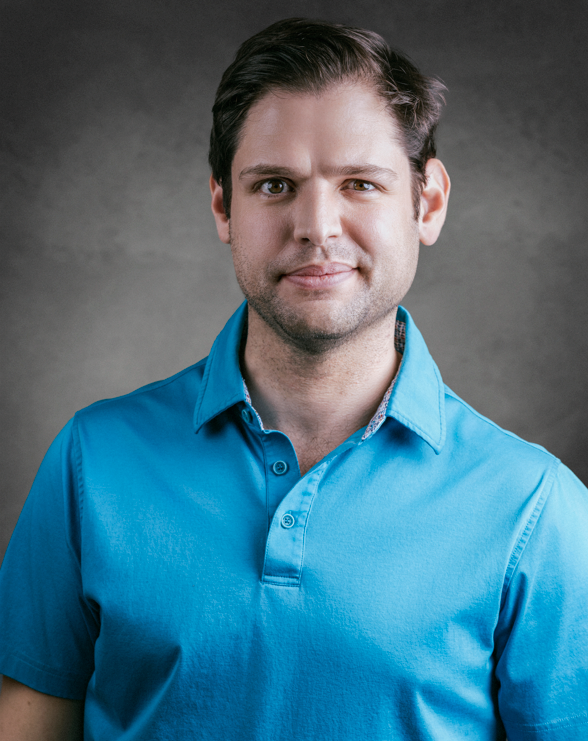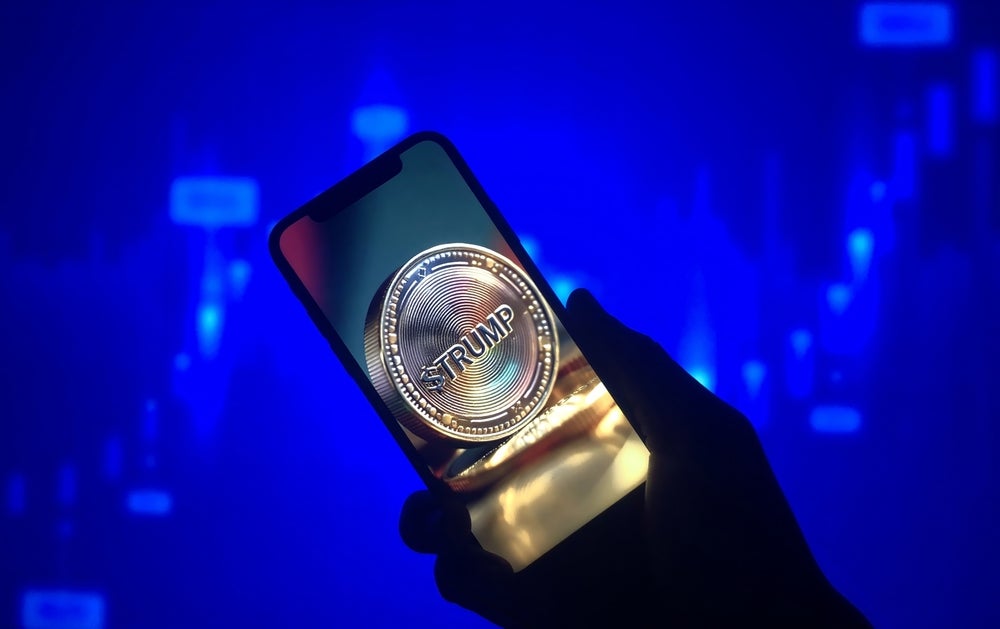Once upon a time, the relationship between corporate leaders and political power operated behind closed doors—whispers in private rooms, influence traded discreetly. Now, there’s no need for subtlety. It’s all out in the open, a spectacle for anyone willing to pay attention. Tech giants aren’t just lobbying politicians; they’re sitting at their tables, aligning their platforms, and reshaping the very fabric of democracy to suit their financial interests.
If perhaps you don’t believe me, then look no further than Meta’s latest move to eliminate fact-checking, a decision that conveniently aligns with President Donald Trump’s long-running war against media scrutiny. Or, take Trump and Melania Trump launching the $TRUMP meme coin—a blatant fusion of politics and personal profit, where governance is no longer just about policy but about financial gain. What should be a scandal—selling a cryptocurrency tied to a presidential name—is instead a thriving investment opportunity.
This isn’t just about influence anymore. This is about monetising power itself.
Meta’s fast-departure from fact-checking
Meta’s abandonment of fact-checking isn’t just a strategic shift; it’s a political signal. In the past, Big Tech at least attempted to present itself as neutral, balancing free speech with the need to curb misinformation. Now, the mask is off. Removing safeguards against disinformation doesn’t empower users—it empowers the powerful. It paves the way for unchecked propaganda, for narratives shaped not by truth but by whoever holds the biggest megaphone.
For years, Trump has relentlessly attacked fact-checking as an unfair obstacle to his messaging. Now, Meta has handed him a free pass. Whether this was an act of appeasement or a calculated alignment with a future administration, the result is the same: a major social media platform bending to political pressure, prioritising influence over integrity. And the most unsettling part? No real pushback. No mass outcry. Just quiet acceptance as the lines between tech and government dissolve.
The unprecedented open market of presidential influence
There was a time when US presidents at least pretended to separate personal wealth from public office. Blind trusts existed to create the illusion of independence, ensuring that a sitting leader wasn’t directly enriching themselves while making policy decisions. But those days are gone.

US Tariffs are shifting - will you react or anticipate?
Don’t let policy changes catch you off guard. Stay proactive with real-time data and expert analysis.
By GlobalDataTrump’s $TRUMP meme coin is not just a gimmick; it’s a precedent. It’s the transformation of the presidency into an investment vehicle. The fact that a sitting president is openly branding and selling a financial product tied to his name should be alarming. Instead, people are buying in… literally. The idea that citizens can now “invest” in a political figure like they would a stock or cryptocurrency erases any remaining barrier between governance and self-enrichment.
And Trump isn’t an anomaly. The concentration of wealth and power has been accelerating for decades, with both parties complicit in creating an economic system where the ultra-wealthy and politically connected operate by their own rules. This is just the latest iteration—only now, the transactions are happening in public view, with no shame or accountability.
Should we be asking questions?
The most disturbing part of all of this isn’t that it’s happening… It’s that no one seems to care. There’s no outrage, no demand for ethical scrutiny, no real pressure for reform. Instead of questioning why a presidential figure is launching a meme coin, people are trading it. Instead of pushing back against Meta’s retreat from truth, users are adapting to a new, manipulated information landscape.
This isn’t just political theatre—it’s the commodification of democracy. When political influence becomes a financial product, when truth is something platforms can opt out of enforcing, when a presidency can be reduced to a brand—what’s left of governance as we know it?
The answer, it seems, is whatever sells.
Conclusion
If we continue down this path, where political power is treated as an investment opportunity and tech companies shape reality to suit those in charge, we risk normalising the complete erosion of accountability. The presidency was never meant to be a personal brand, and democracy was never meant to function like a stock market. Yet here we are—watching the most powerful figures in tech and politics blur the lines between governance and self-enrichment with little to no resistance. The question is no longer whether this is happening, but rather, how much worse will it get if we keep looking away?
It’s time to demand transparency, not just from our elected officials but from the tech giants enabling them. The public must push for regulations that prevent politicians from profiting off their positions, and we need to hold platforms like Meta accountable for abandoning even the pretense of truth. If we don’t, we’re not just spectators in this monetisation of power—we’re complicit in it. The future of democracy depends on whether we’re willing to fight for a system where influence isn’t something you can buy, sell, or trade.

George Kailas is CEO at Prospero.Ai
At 37, Kailas has spent over 12 years in AI and 24 years investing, making his first investment in E-Trade at 13 as the future of investing has been a lifelong interest









